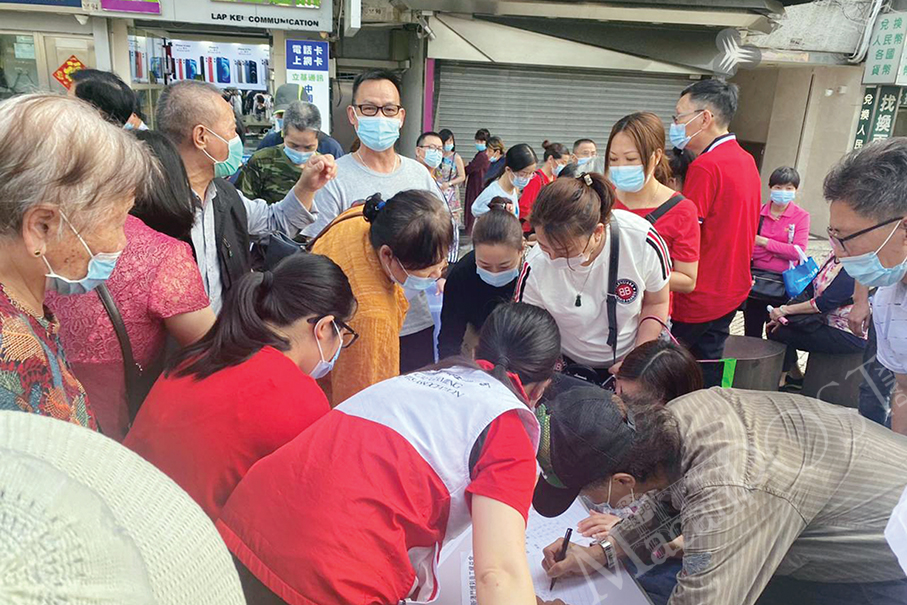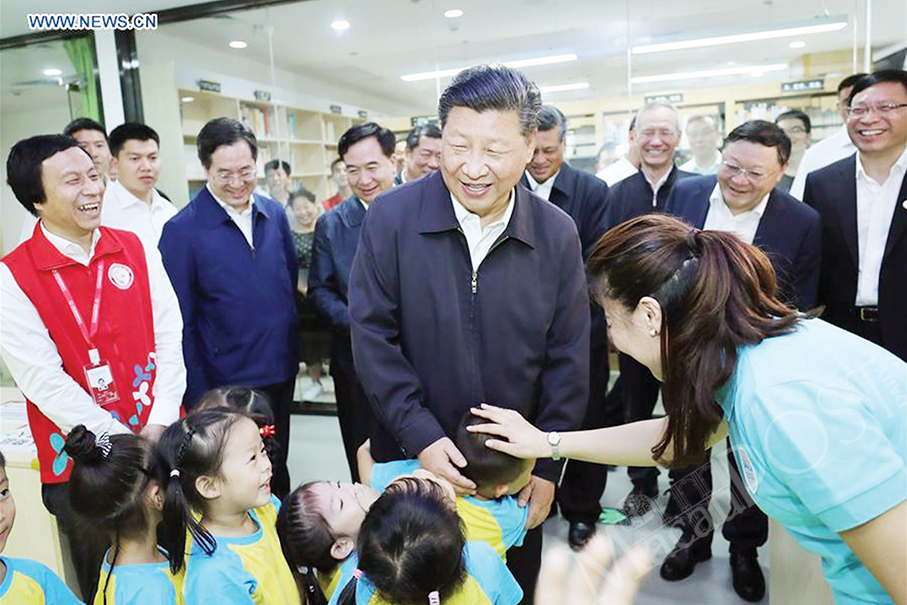The government will “optimise and improve” its proposals regarding the recently-announced e-voucher scheme, according to a Government Information Bureau (GCS) statement on Saturday.
According to the statement, the main goal of the policy is to support employment, the local economy and people’s livelihoods. The statement said that the e-voucher scheme took reference from the mainland’s internal circulation scheme, adding that the government hoped to expand Macau’s domestic demand in order to aid the recovery of the local economy.
The statement said that, however, since the announcement of the e-voucher scheme last Monday, many residents and associations have been voicing “different opinions and suggestions” about the scheme which many locals described as “too complicated”. The statement added that Secretary for Economy and Finance Lei Wai Nong and his team have therefore been meeting with community associations’ representatives to gauge public opinion about the proposals. The statement stressed that the government is paying close attention to the community’s views and consequently is planning to “optimise and improve” the e-voucher scheme which aims to support residents and local businesses alike.
Lei announced last Monday that the government planned to launch a scheme designed to benefit Macau residents, non-resident workers – commonly known as blue card holders, and non-locals studying in Macau’s higher-education institutions. He said that in May the beneficiaries would be able to redeem the vouchers through accredited accounts, via any of the eight locally-recognised e-payment platforms.
At that time, Lei said that the vouchers could only be used against the value of purchases, when the sum being spent in a single transaction amounts to three times the face value of the issued voucher. For example, if a person spends 50 patacas at a local shop and pays through one of the e-payment platforms, he or she will receive 50 patacas worth of digital vouchers. One can use a 10-pataca voucher for every 30 patacas spent via e-payment platforms on one’s next purchase, according to last Monday’s presentation hosted by Lei.
Petitions & protests
Since the government announced the e-voucher scheme, a considerable number of residents, activists, lawmakers and civic leaders have expressed doubts about the proposed scheme’s feasibility. For instance, the New Macau Gaming Staff Rights Association gathered residents’ signatures on Saturday and yesterday to petition the government to simply top up its previous consumption subsidy smartcards instead.
The association’s president, Cloee Chao Sao Fong, told reporters on Saturday that residents were urging the government to top up its consumption subsidy smartcards instead of launching the new e-voucher scheme. When reporters asked whether there were other ways the government could help residents, Chao said the first thing the government should do is to lower the number of non-resident workers and solve the local employment problem.
Meanwhile, during Saturday’s petition signing, Macau Community Development Initiative Vice Chairman Au Kam San told reporters that his association would host a protest march next Sunday. Au, a veteran non-establishment lawmaker, said that his association had already informed the police about the rally. Au said that he welcomed other associations to join the protest, stressing that the point of the march was to alert the government that the e-voucher scheme “does not do residents any good but only saves businesspeople.” He urged the government to top up its previous consumption subsidy cards instead of launching the e-voucher scheme.
Last year, the government initially issued consumption subsidy cards worth 3,000 patacas for local residents. Residents later received a 5,000-pataca top-up. Non-resident workers and non-local students weren’t included in last year’s scheme.

This photo taken on Saturday shows residents signing a petition to change the government’s e-voucher scheme near the Barrier Gate checkpoint. Courtesy TDM







